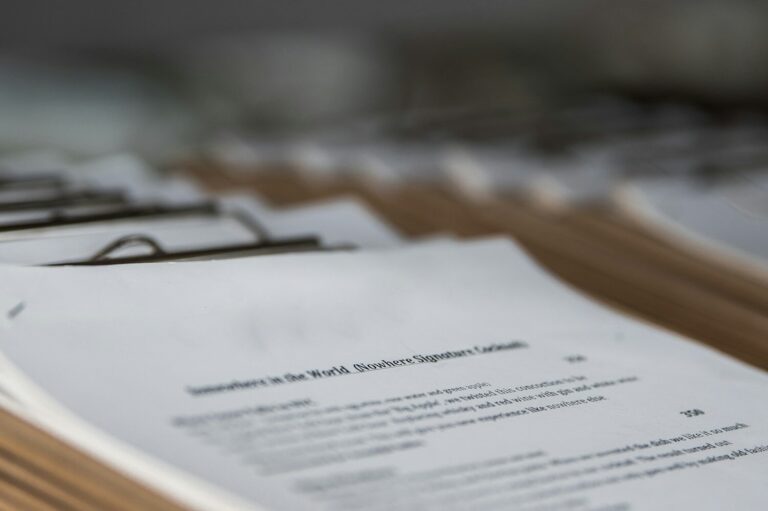Full Repairing and Insuring (FRI) leases are one of the most common forms of commercial lease in the UK. They are particularly popular with landlords because they shift many of the property responsibilities onto tenants.
For businesses, however, understanding what these leases involve is vital before signing any agreement. An FRI lease can provide long-term security and operational freedom, but it can also lead to substantial costs if the terms are not carefully considered.
What is an FRI lease?
An FRI lease requires the tenant to take on the responsibility for both repairing the property and insuring it. This means the tenant is liable for internal and external repairs, maintenance of the structure and payment of insurance premiums. Where the lease covers only part of a building, such as a unit in a larger block, landlords usually handle common areas and recover costs through a service charge.
The concept is straightforward – the landlord receives rent while the tenant covers upkeep. But in practice, the obligations can be complex. Tenants may find themselves liable for repairing issues that existed before the lease began, unless protections are put in place.
Benefits for commercial tenants
While FRI leases are often seen as landlord-friendly, they do offer advantages to tenants. One of the main benefits is control. Because tenants handle repairs and insurance, they can manage the property to suit their business needs, rather than relying on a landlord’s decisions.
For businesses seeking stability, FRI leases can also provide long-term security. These leases are often granted for extended periods, making them attractive to tenants who want to establish roots in a location. Additionally, dealing directly with insurers or contractors can reduce disputes with landlords over the quality or cost of works.
Pitfalls and risks for tenants
Despite their advantages, FRI leases can create significant risks for tenants. The biggest concern is financial liability. Many leases require the property to be kept in “good and substantial repair,” which can include fixing structural issues or problems that existed before the lease began. Without careful negotiation, tenants may face large, unexpected repair bills.
Dilapidations at the end of a lease are another risk. When the agreement expires, landlords can claim the cost of restoring the property to the condition required under the lease terms. This can involve extensive works and substantial expense, even if the tenant believes they have maintained the property reasonably.
Tenants should also be aware of ongoing costs beyond rent. Insurance premiums, service charges for shared areas and the responsibility for environmental or compliance issues all add to the financial burden. For smaller businesses, these obligations can be challenging to manage.
How tenants can protect themselves
There are practical steps tenants can take to reduce risk. Commissioning a schedule of condition before signing the lease provides evidence of the property’s state at the start, helping to limit liability for existing defects. Negotiating exclusions or caps on repair obligations can also provide protection, particularly for structural issues.
Legal advice is essential when reviewing an FRI lease. A commercial property solicitor can highlight onerous clauses, negotiate fairer terms and ensure obligations are clearly defined. Professional surveys can also uncover hidden problems that might otherwise fall on the tenant.
Find out more about FRI leases
FRI leases can be beneficial for tenants seeking control and long-term stability, but they come with heavy responsibilities. Understanding the full extent of repair and insurance obligations is critical before signing. With the right legal support and due diligence, tenants can negotiate terms that provide security without exposing them to unmanageable risks.
At Osbourne Pinner Solicitors, our landlord-tenant specialists can guide you through lease negotiations, helping you strike the right balance between opportunity and liability. Start with a 30-minute consultation with no charge at our offices in Harrow, Canary Wharf, Piccadilly Circus or Manchester. We can also talk on a video call if you’d prefer a remote consultation. Call us on 0203 983 5080, email [email protected] or use the form below to book your free session.




